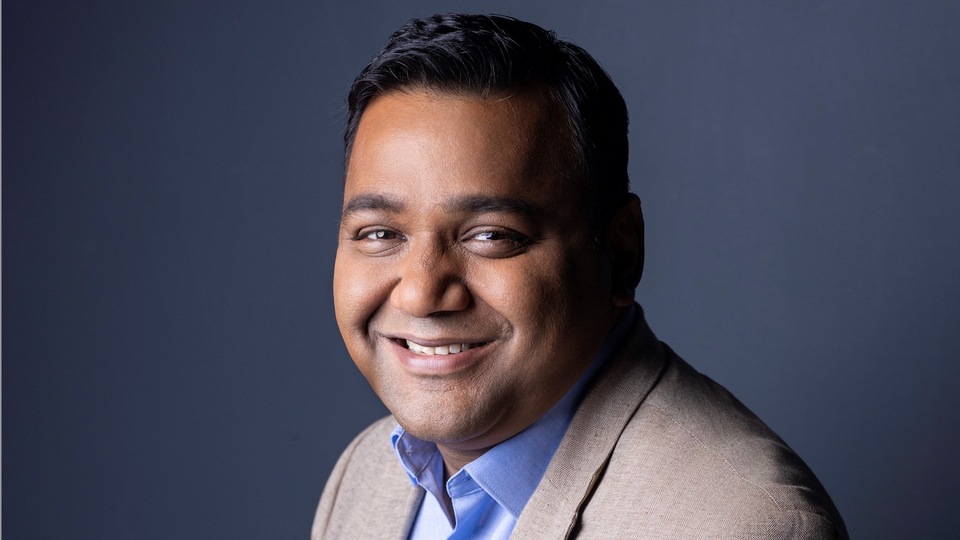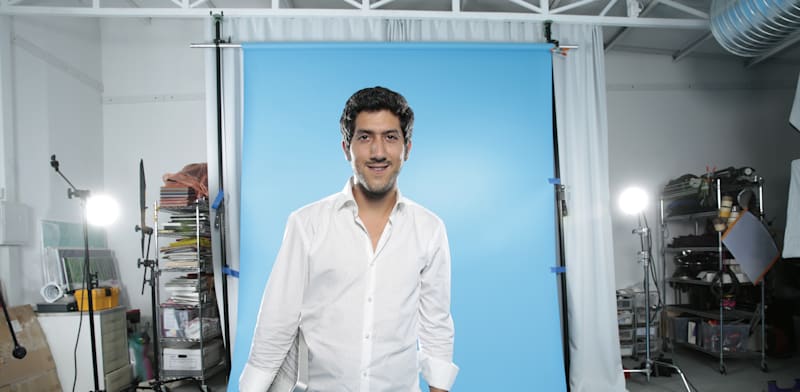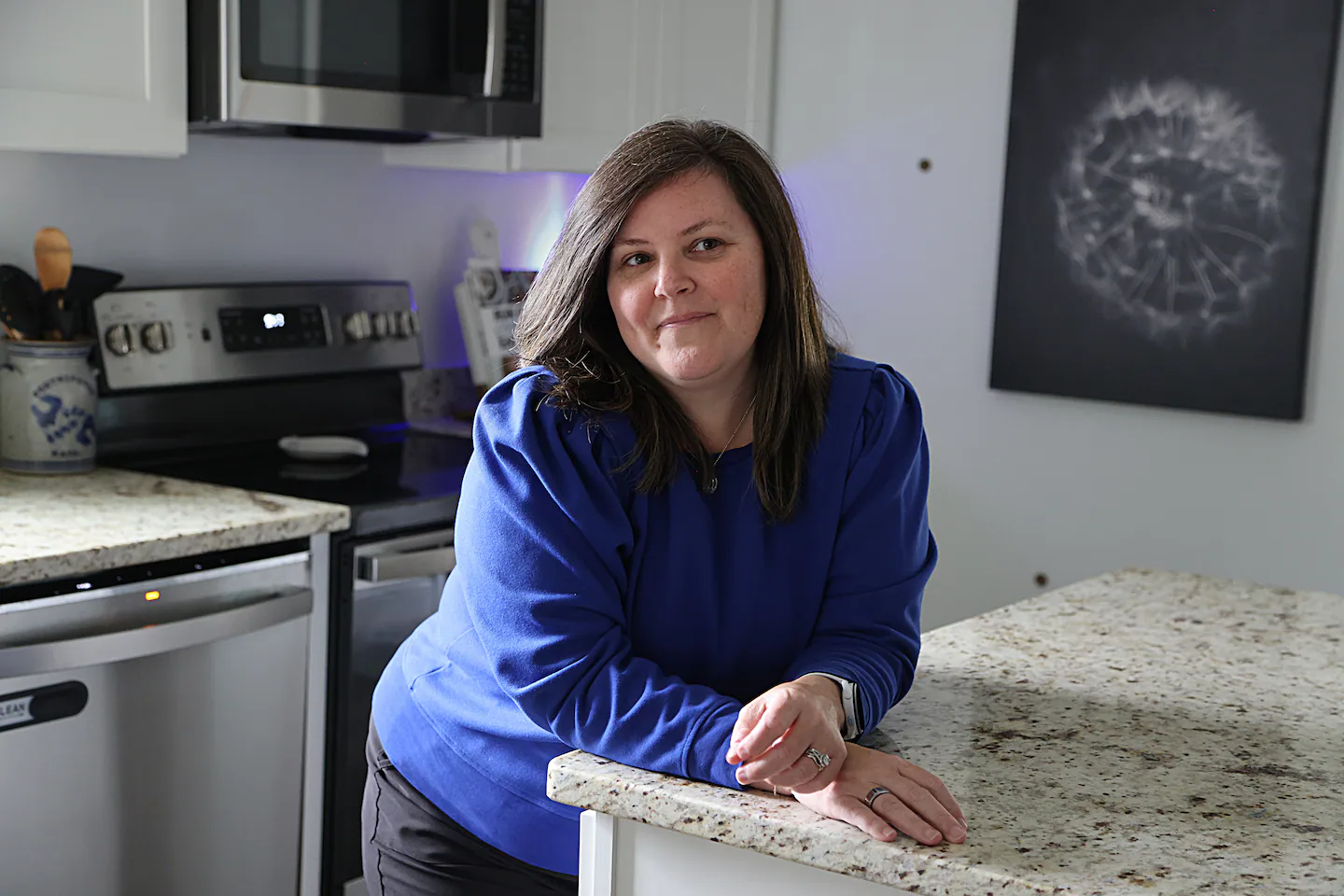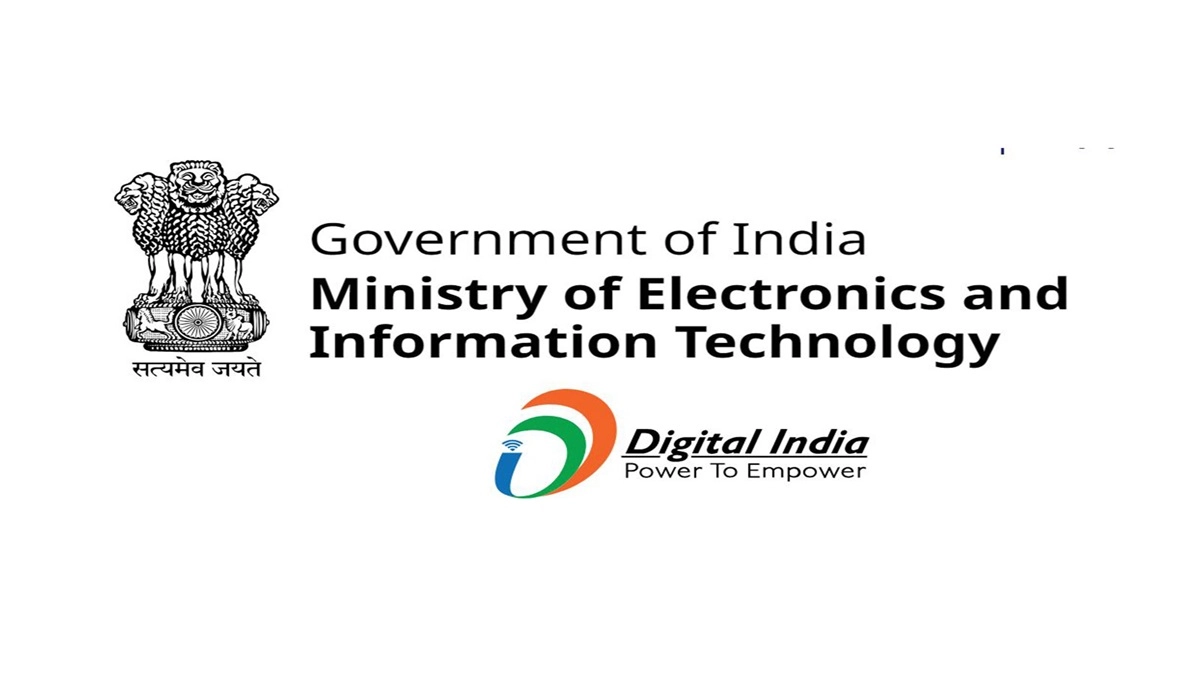Copyright yourstory

When Gautam Aggarwal joined Mastercard over a decade ago, the payment technology company's identity was inseparable from the rectangular piece of plastic bearing its iconic red-and-yellow logo. Today, the company is undergoing a transformation and rebranding its identity. "The card is not the form factor anymore," said Gautam Aggarwal, Division President, South Asia & Country Corporate Officer, India, for Mastercard, articulating a shift that has profound implications for the nearly $500-billion company operating across 210 countries. "Existing physical form factors that we know of today—be it the mobile device, be it a card, be it a QR code—I don't think those will exist," he spoke at TechSparks 2025, YourStory's flagship startup-tech summit. It's a remarkable evolution for a company whose name literally contains the word "card." But it reflects a broader reality: as digital payments explode globally, legacy networks like Mastercard face an opportunity to expand well beyond their origins. Nowhere is this more visible than in India, where Mastercard has found itself both inspired and challenged by one of the world's most dynamic fintech ecosystems. The country's Unified Payments Interface (UPI) has processed close to 200 billion transactions in FY25—a volume no other market comes close to matching. Now, domestic network RuPay, operated by the National Payments Corporation of India, is leveraging that infrastructure to chip away at the dominance of the global payment processors. Rather than viewing this as a zero-sum competition, Mastercard—which counts itself as a partner in India's payments ecosystem—is using the market as a proving ground for a broader strategic pivot: from card network to payments technology platform. "We are the only global payments technology player today that plays in the traditional card network space and in real-time payments," Aggarwal explained in a fireside chat with YourStory Founder and CEO Shradha Sharma. Mastercard operates its own UPI-equivalent systems in 10–12 other markets, some predating India's version. The company has also moved aggressively into loyalty programmes, cybersecurity, and what it calls "behavioural biometrics." The technology transformation Underpinning Mastercard's transformation is trust—something the company considers the fundamental currency of payments. Aggarwal offers a stark assessment of consumer psychology: "After 30 years of using your card, if you have one bad experience because your card gets compromised, you will stop using that card right away." This existential vulnerability has shaped Mastercard's technology roadmap for three decades. The company's cybersecurity journey began 25–30 years ago with rudimentary data analytics, using transaction patterns to flag potentially fraudulent activity. As payments accelerated and moved online, those systems evolved into real-time fraud detection engines. At the forefront of Mastercard's technology push is an AI-powered system that can authenticate users and identify them on the basis of how they hold their phones, the speed at which they type, and hundreds of other micro-behaviours. It's a response to an arms race in fraud, where even facial recognition can be fooled. Mastercard has acquired eight cybersecurity firms in the past five years to build out these capabilities. The payoff is visible in the numbers: banks using the company's AI suite now see approval rates of up to 99.5%, with successful fraud rates plummeting even as attempted attacks increase, the executive noted. Today, a Mastercard payment transaction is faster than a Google search, despite running through multiple fraud checks in milliseconds, Aggarwal emphasised. Invisible commerce But Mastercard's ambitions extend beyond securing transactions to making them disappear entirely from conscious thought. The company is investing heavily in 'agentic commerce AI'—envisioning stores where RFID tags and AI systems automatically detect what customers are carrying, charging them as they walk out based on pre-set payment preferences. No checkout. No tap. No phone. "You would basically be doing transactions without actually interacting," Aggarwal said, comparing the future experience to breathing. "The conscious activity would not be there." The concept is already taking shape in various markets. Aggarwal points to autonomous vehicles in Los Angeles, where 20–30% of ride-hailing now happens without drivers, as evidence of how quickly frictionless experiences can gain adoption. The opportunity paradox For all of India's fintech prowess, the market remains dramatically undermonetised. Mature digital payment markets typically process 2–6x their GDP in transaction volume. India, with a $4.4-trillion economy, should be seeing $9-20 trillion in digital payments. However, current volumes hover around $3.5 trillion. The opportunity is massive, and this calculation has reshaped Mastercard's competitive posture globally. Rather than fighting to defend market share in already-digitised segments, the company is hunting for analogue flows to convert. "Mastercard's focus today is not about competing in existing spaces," Aggarwal explained. "We are continuously looking at use cases that we can go and digitalise." The strategy extends to investments. Mastercard was an early backer of Indian unicorn Razorpay and has stakes in Pine Labs and Slice, among others. Globally, the company deploys about $300 million annually in strategic investments, he noted. (Edited by Kanishk Singh)



